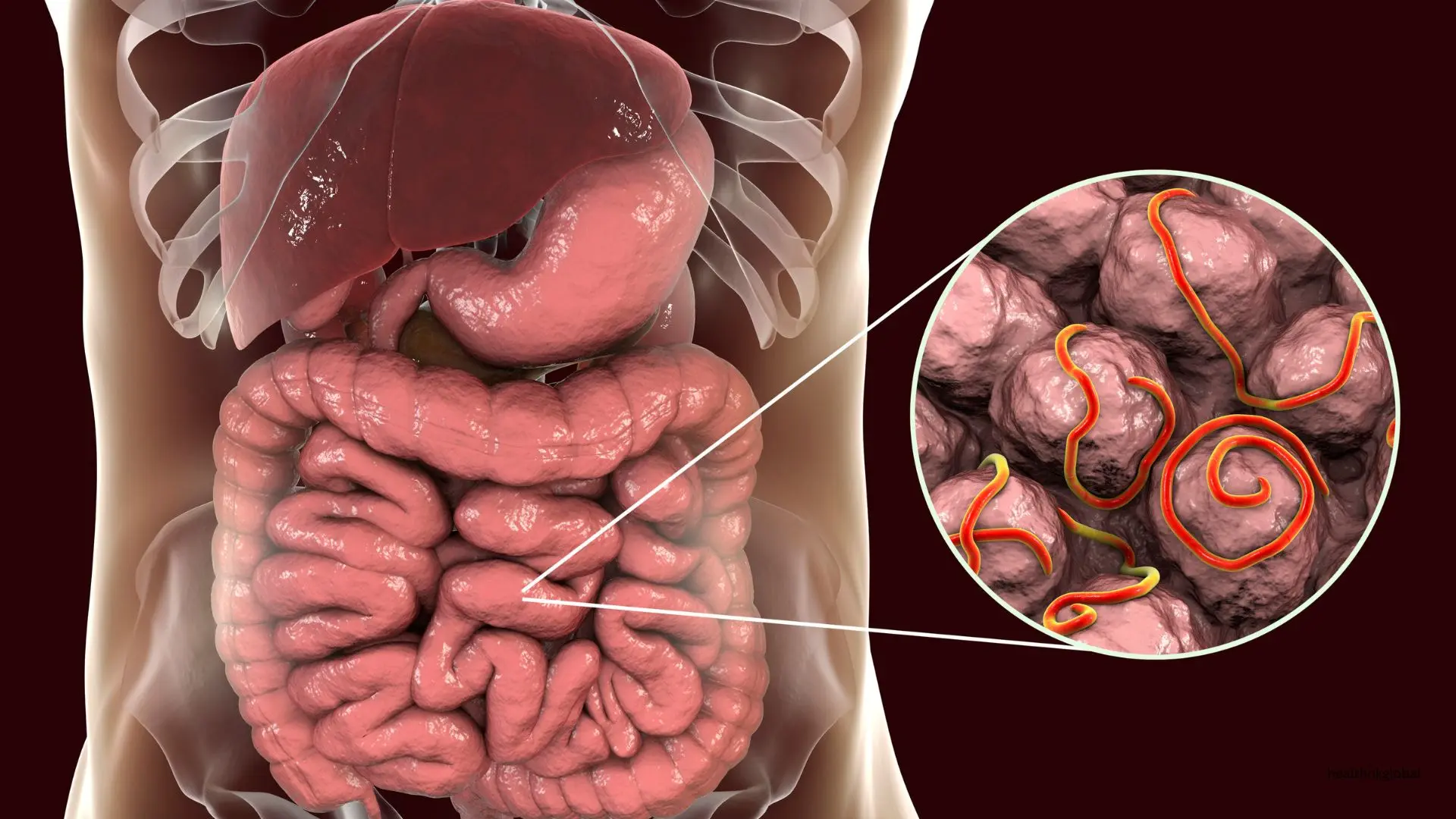First rank symptoms (FRS) are a set of psychotic experiences that are considered highly specific to schizophrenia.

Blog
First Rank Symptoms of Schizophrenia: Understanding and Management
First rank symptoms (FRS) are a set of psychotic experiences that are considered highly specific to schizophrenia. These symptoms were first described by German psychiatrist Kurt Schneider in the 1950s and are characterized by their vividness, bizarreness, and apparent lack of association with normal experiences.
FRS can manifest in various forms, including auditory hallucinations, delusions of control, thought insertion, thought withdrawal, and thought broadcasting. Auditory hallucinations involve hearing voices that may comment on the individual's actions or thoughts, while delusions of control involve the belief that one's actions are being controlled by an external force.
Diagnosing FRS requires a thorough psychiatric evaluation by a qualified mental health professional. The assessment typically involves a detailed history of the individual's symptoms, a review of their medical and psychiatric history, and may include psychological tests and assessments to rule out other possible causes of the symptoms.
Treatment for FRS often involves a combination of antipsychotic medications, psychotherapy, and supportive interventions. Antipsychotic medications are commonly prescribed to help alleviate psychotic symptoms, while psychotherapy, such as cognitive-behavioral therapy (CBT) and supportive therapy, can help individuals cope with their symptoms and improve functioning.
Despite advances in treatment, managing FRS can be challenging due to the complexity of the symptoms and the individual's unique experiences. Some individuals may experience persistent symptoms despite treatment, while others may experience side effects from medications that can impact their quality of life.
FRS can significantly impact an individual's daily functioning, including their ability to work, maintain relationships, and engage in social activities. The distressing nature of the symptoms can also lead to feelings of isolation, stigma, and reduced quality of life.
Coping with FRS often requires a combination of self-care strategies, social support, and professional help. Engaging in activities that promote relaxation and stress reduction, such as mindfulness, exercise, and creative outlets, can help individuals manage their symptoms more effectively. Seeking support from friends, family, and mental health professionals can also provide valuable emotional support and guidance.
First rank symptoms of schizophrenia are a distinctive feature of the disorder and can have a profound impact on the lives of affected individuals. Understanding these symptoms, their diagnosis, and treatment approaches is essential for providing effective care and support to those living with schizophrenia. With appropriate treatment and support, individuals with schizophrenia can lead fulfilling lives and manage their symptoms more effectively.
FRS can manifest in various forms, including auditory hallucinations, delusions of control, thought insertion, thought withdrawal, and thought broadcasting. Auditory hallucinations involve hearing voices that may comment on the individual's actions or thoughts, while delusions of control involve the belief that one's actions are being controlled by an external force.
Diagnosing FRS requires a thorough psychiatric evaluation by a qualified mental health professional. The assessment typically involves a detailed history of the individual's symptoms, a review of their medical and psychiatric history, and may include psychological tests and assessments to rule out other possible causes of the symptoms.
First rank symptoms of schizophrenia are a distinctive feature of the disorder and can have a profound impact on the lives of affected individuals. Understanding these symptoms, their diagnosis, and treatment approaches is essential for providing effective care and support to those living with schizophrenia. With appropriate treatment and support, individuals with schizophrenia can lead fulfilling lives and manage their symptoms more effectively.
Need Personalized Health Guidance?
Get expert advice tailored to your specific health needs from our qualified healthcare professionals.





